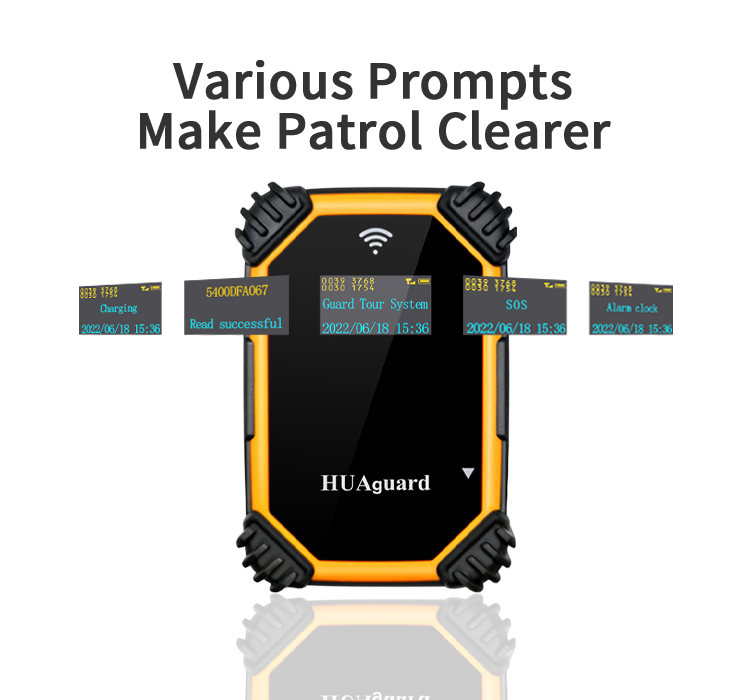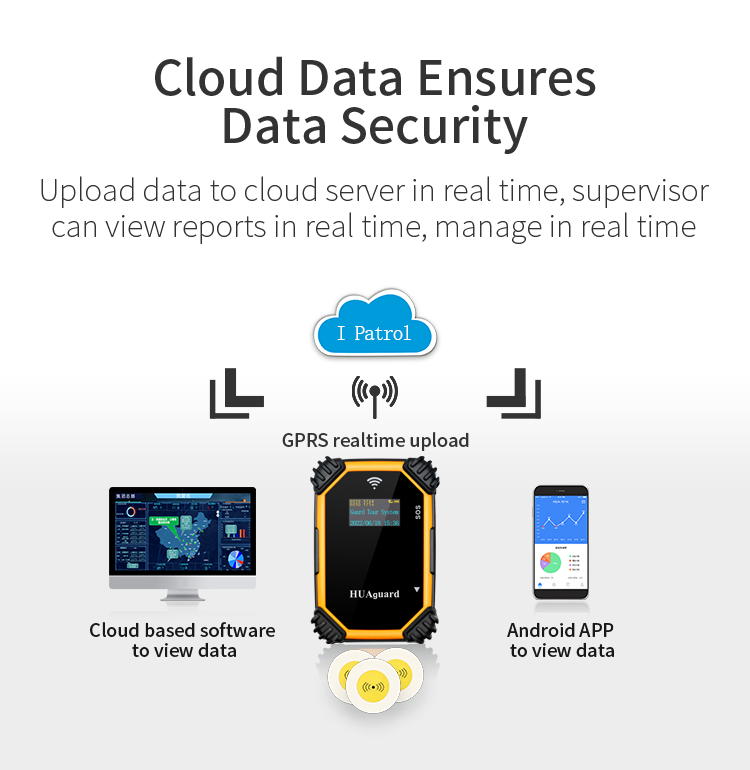

Coworking spaces rely on flexibility but can create security gaps if not managed properly. Traditional lock and key systems are impractical when tenants change frequently or when different teams need access to specific areas at different times. Access control system eliminate these issues by providing digital, customizable security that adapts to the fluid nature of coworking environments.
With features like mobile credentials, PIN codes, or biometric authentication, these systems ensure that only verified individuals gain access to designated areas. Unlike physical keys, which people can copy or lose, administrators can instantly grant or revoke digital access—perfect for coworking spaces with rotating members, temporary clients, or after-hours workers. Additionally, audit trails provide transparency, helping administrators track who enters and exits, which enhances security and accountability.

One of the biggest advantages of modern access control systems is their ability to integrate with cloud technology. Unlike traditional hardwired systems, cloud-based solutions allow administrators to manage permissions remotely, making them ideal for coworking spaces with multiple locations or decentralized management. Administrators can control everything from a centralized dashboard, whether adding new members, adjusting access levels, or responding to security alerts. This is particularly useful for coworking operators who need to quickly onboard new tenants or restrict access to certain areas during private events. Cloud-based systems also eliminate the need for expensive hardware upgrades, as they automatically receive most updates over the Internet.
Smartphones have become universal tools, and access control systems are now leveraging this by offering mobile credentials. Instead of relying on key cards or remote controls, users can tap their phones to enter. This not only improves convenience but also enhances security, as administrators can remotely deactivate mobile credentials if the device is lost or an employee leaves. For coworking spaces, mobile access is a game changer. Members can get temporary passes for guests, grant cleaning staff after-hours access, and even use geofencing to trigger automatic door unlocking when approaching the building. This seamless integration with everyday technology reduces friction for users while maintaining strict security protocols.
A major challenge in coworking environments is maintaining strong security without inconveniencing legitimate users. Access control systems address this by offering multiple authentication methods that balance security with ease of use. Security teams can implement biometric scanners in high-security areas, while they may require only a PIN or mobile credential for less sensitive areas. Temporary access is another key feature of coworking spaces. Instead of issuing physical keys or cards that must be returned, administrators can set expiration dates for digital passes—ideal for short-term tenants, contractors, or event attendees. This ensures that access rights are automatically revoked when no longer needed, reducing the risk of unauthorized entry.

In addition to security, modern access control systems provide valuable insights through data collection and analysis. Administrators can track peak entry times, monitor underutilized areas, and identify patterns that help optimize space allocation. For coworking operators, this data can be valuable for making informed decisions about layout changes, staffing needs, and even pricing models. It can also enhance security by flagging unusual activity, allowing for proactive responses before issues escalate.
As coworking spaces continue to evolve, access control systems must adapt to new challenges and technologies. The best solutions offer a modular design, allowing users to easily upgrade them as needs change—whether by adding facial recognition, integrating with new IoT devices, or expanding to additional locations. Investing in a scalable system today ensures that security remains strong while your business grows. As trends like hybrid working and contactless technology shape the future of the office, flexible access control systems will become a key component in creating secure, efficient, and user-friendly shared workspaces.